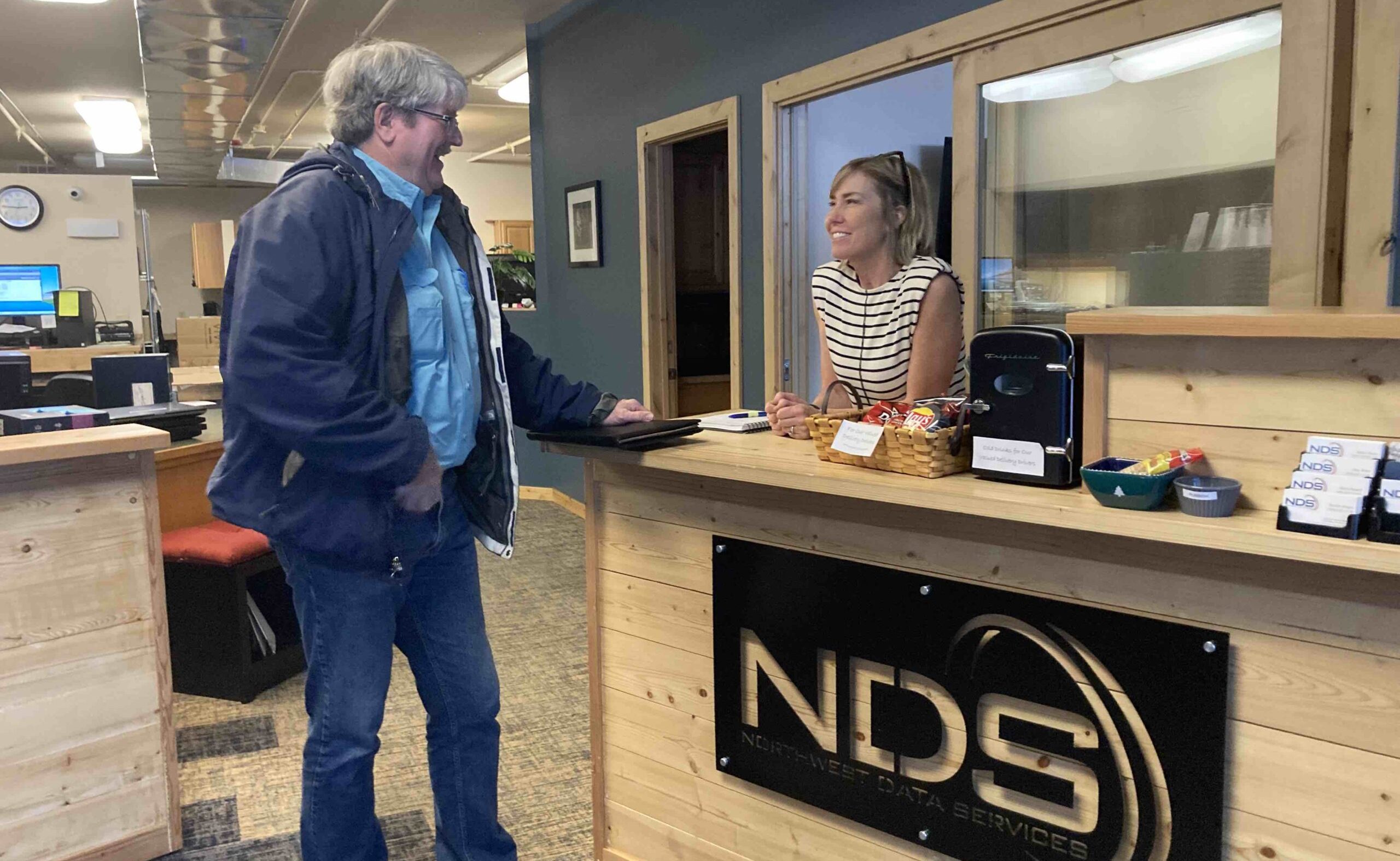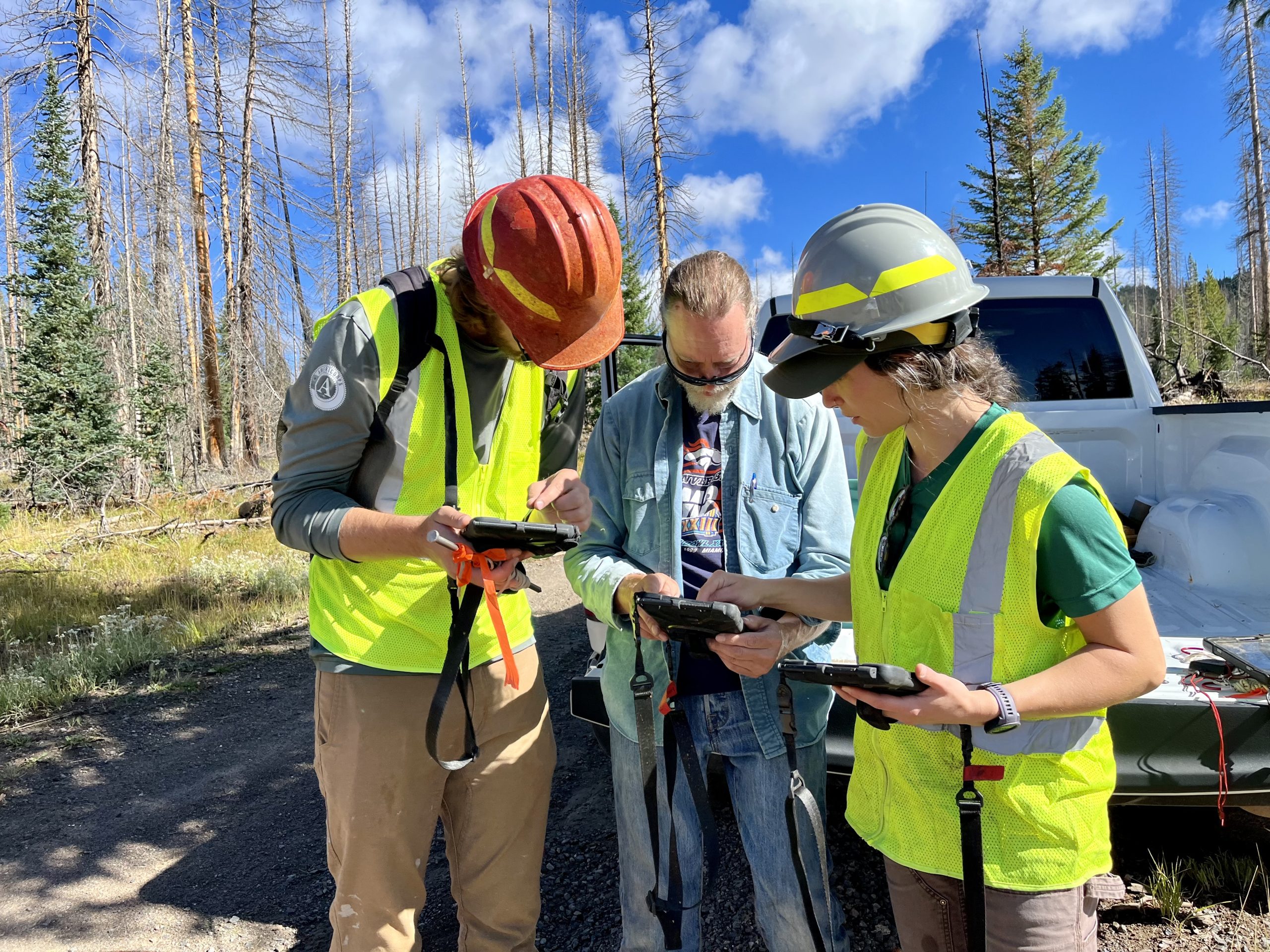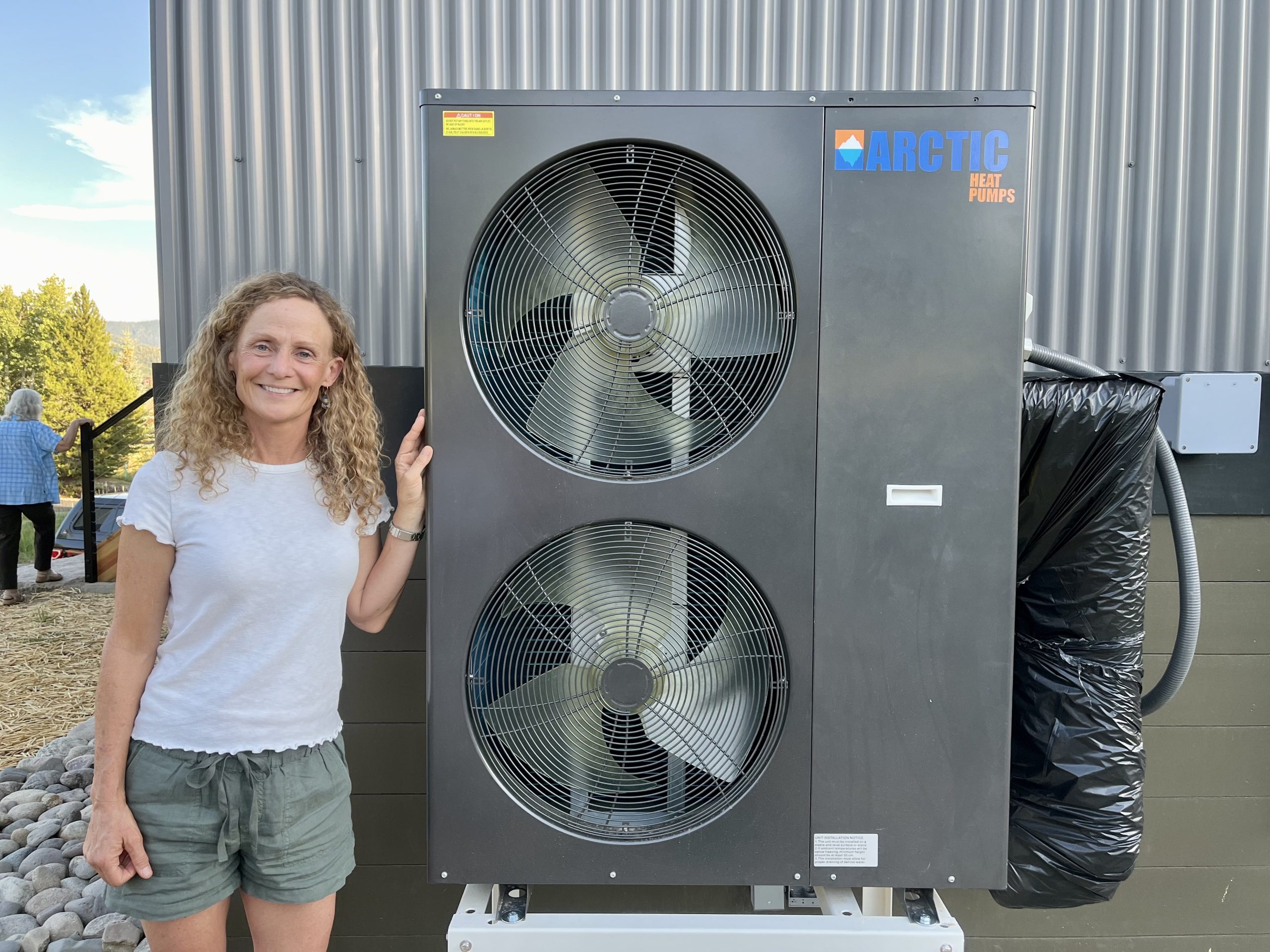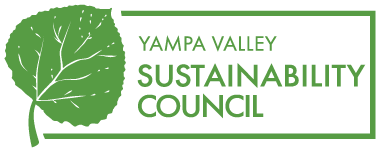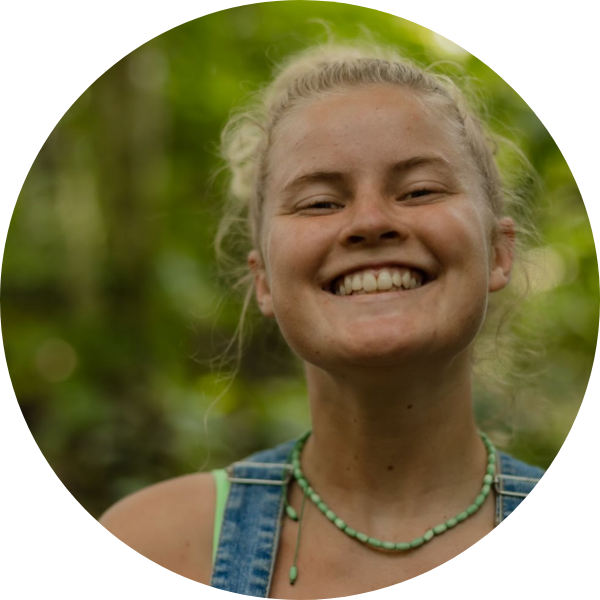 My name is Rachel King and I am an Ecosystem Science and Stewardship student at Colorado Mountain College. My time spent as an intern at Yampa Valley Sustainability Council (YVSC) is focused on community engagement by connecting businesses in town with volunteer based projects for creating a more resilient landscape through natural climate solutions. The goal is to promote connections between the people in this valley and the land that supports them. When a community gets first hand experience with their environment, and are educated on threats to its vitality, it can create a sense of connection to a place and gives them something important to care about.
My name is Rachel King and I am an Ecosystem Science and Stewardship student at Colorado Mountain College. My time spent as an intern at Yampa Valley Sustainability Council (YVSC) is focused on community engagement by connecting businesses in town with volunteer based projects for creating a more resilient landscape through natural climate solutions. The goal is to promote connections between the people in this valley and the land that supports them. When a community gets first hand experience with their environment, and are educated on threats to its vitality, it can create a sense of connection to a place and gives them something important to care about.
Moving to Steamboat has altered my perspective on a human’s relationship with a place. Coming from the coastal suburb of a city surrounded by concrete, I was sheltered from the systems of the natural world. I was surrounded by people that live in a state of dissonance going about their lives as if the environment they were in was just to be taken for granted, that beauty would always be there despite how we treated it or interacted with it.

Here in Steamboat, the land is important to the community, partly because a lot of our economy is based on it; in tourism, in recreation, in agriculture or ranching; here we have industries where land is a key factor to success. The people here understand the impact humans have on the environment around them, likely because of their regular interactions with it. Some of these interactions include seeing moose on your daily trail run, watching the river’s flow change throughout the year, speculating how the weather is affecting the leaf change, or how much snow will fall in the winter. These are direct interactions with an ecosystem that, despite being well populated, is unlike a lot of other places. This care and interaction inspires groups and organizations like YVSC or Friends of the Yampa to be formed, to have an entire community of people that want to support the land the way it supports us. This is why fostering community engagement in land management practices connects people and place and creates a resilient and sustainable landscape.
“The spark is evident in our community that in the midst of major environmental change, will continue to fight for the land.”
Culture around land has historically influenced the way it has been utilized and managed. Currently, Western culture has a resource motivated perspective on land, designed to take as much as possible for economic growth. The land is seen as a commodity and unlimited resource. This is evident in the way we quickly cut down forests, clear fields for agriculture, and dam rivers for our use. However, this is not how it always was. Indigenous peoples have had a more exchange based perspective on the land, seeing it as a provider. This view supports taking only what’s needed, and supporting the land in return. The Tribe that is well known for living in this valley, the Ute, occupied the land in the summer, hunting, gathering food, and soaking in the springs. According to the Steamboat Pilot, they had significant spirituality tied to this place.
I think this valley never lost the spark that the Utes originally left upon it, despite all the economic and industrial growth. The spark is evident in our community that in the midst of major environmental change, will continue to fight for the land. Steamboat and Routt County have the unique opportunity to be the leaders in a new culture that sees value in the land as a provider and builds a community that can support land resilience.
To be notified of upcoming ways to get involved in land resilience projects, sign up for YVSC’s newsletter. To learn more about how your business or organization can get involved in YVSC’s land resilience project, fill out this survey.
Rachel King | 22 November 2024


